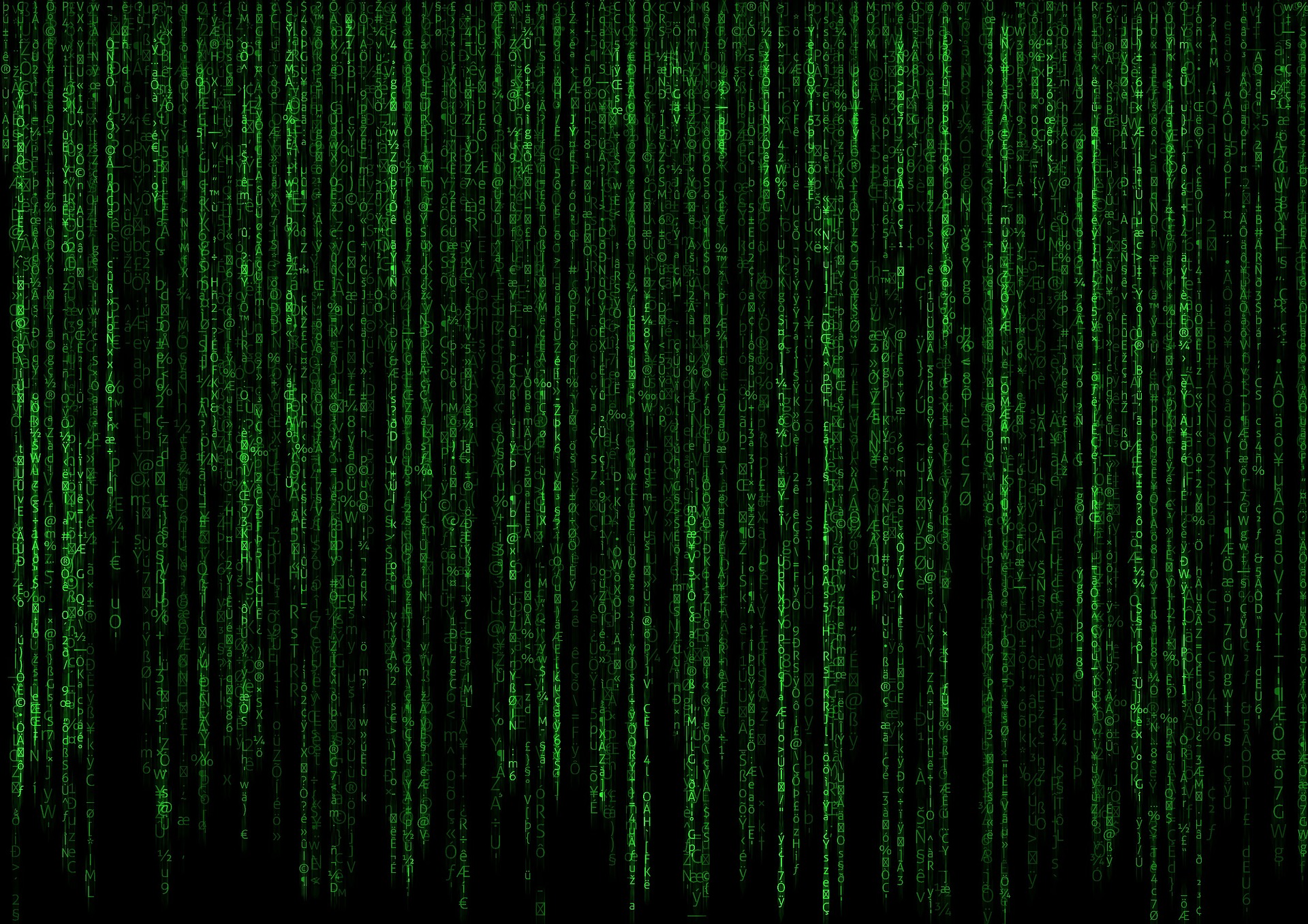Introduction to Programming
Programming is a fascinating field that empowers individuals to create software, build applications, and automate tasks. If you've ever wondered how programs are made or have a keen interest in technology, this article will serve as a beginner's guide to programming, helping you take your first steps into the world of coding.
programming
introduction
beginning




